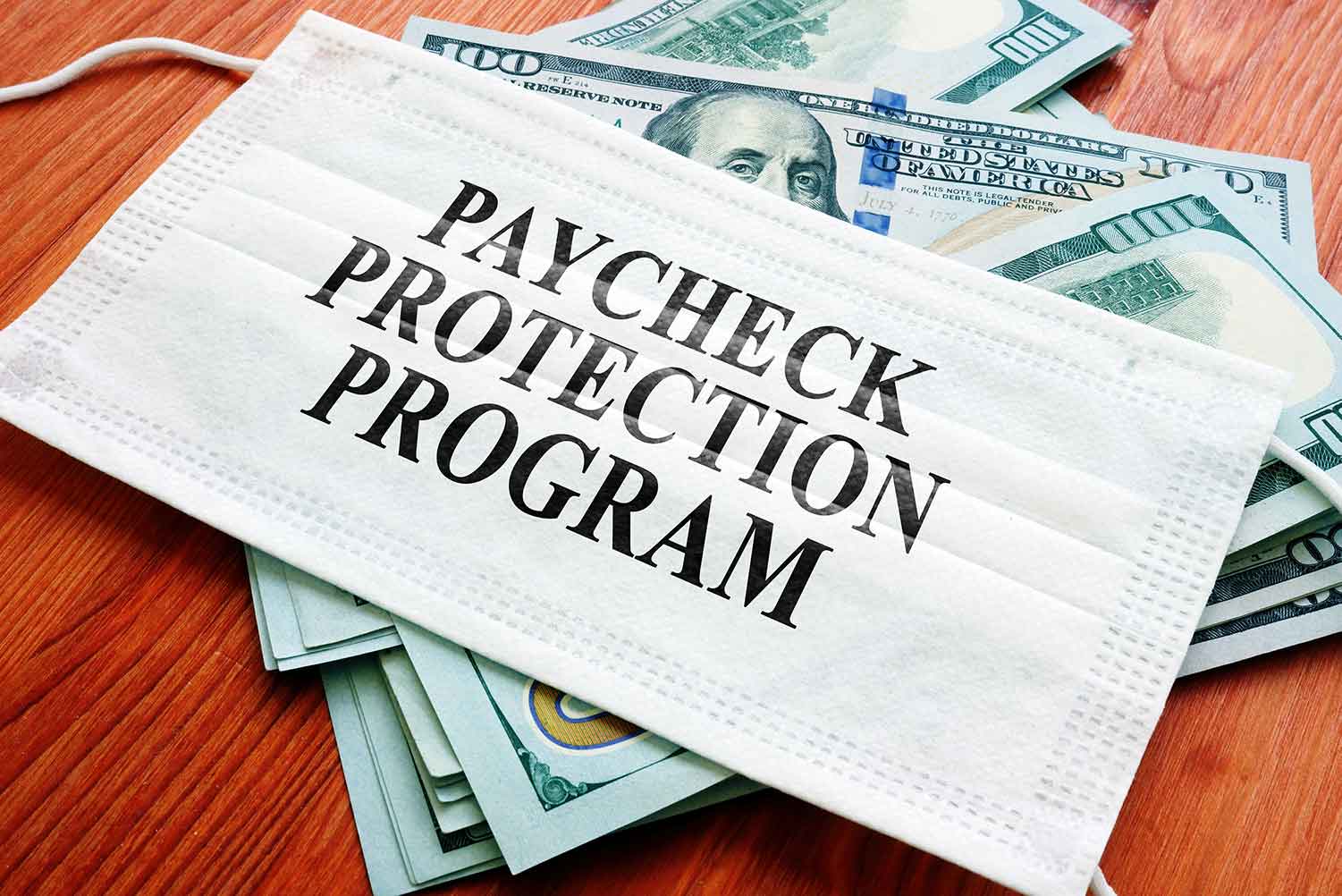
There has been a lot of confusion regarding the Paycheck Protection Plan (PPP) loans program. It was rushed into law and there was a frenzy of applications with little guidance and rules changing daily. Now, it seems that the rules continue to change making some folks concerned about being investigated for bank fraud. The SBA plans to review all loans above $2 million but loans under this amount may be selected by the SBA for additional scrutiny upon receipt of their forgiveness application. Given this development (in no doubt driven by media reports of large, cash-heavy businesses obtaining PPP loans) a prudent business owner must do one of two things:
- Give the money back by 5/14/2020, or
- Justify the application, receipt, and decision to keep the funds.
That’s it. Pick one. The first involves the bank who loaned the funds originally. The second is internal within the business and the one we spend the most time on here.
You may have heard recently about the two “businessmen” who were charged with fraud for seeking over a half-million dollars in forgivable loans under the CARES Act. The pair claimed to have dozens of employees at four different entities when, according to the District of Rhode Island, there were no employees working for any of the businesses.
Even if you have a legitimate business and felt you answered the “Current economic uncertainty makes this loan request necessary to support the ongoing operations of the Applicant” question on the PPP application honestly, you may have some concerns about the government twisting that statement against you. We feel it’s a valid concern that some government bureaucrat may use future events to accuse a business owner of how they “should have felt” during the short period of time in late March/early April we were given to decide whether to apply and accept the PPP funding. Consider this hypothetical conversation with an SBA auditor:
“Well Mr. Heybruck, you accepted the PPP funds when the entire world was ordered to stay home, 30 million people were unemployed in the US, and no one knew how serious or how long this thing would last. But now, here we are at year-end and it looks like you had pretty good year. Looks like you didn’t need that PPP money after all. So, tell me why you didn’t return it since it’s clear you didn’t need the money to support your ongoing operations.”
See our concern?
Regarding Option 1 above: If a business applied for and took the PPP funding simply because it was free money and expected it to be forgiven, you have until May 14 to give it back. No questions asked. Returning the money satisfies the above “economic uncertainty” question in good faith.
Similarly, if your business is a hair salon, restaurant, or gym, it’s pretty cut and dry that it was affected and we can’t imagine any reasonable person arguing to the contrary regarding your PPP loans.
Now let’s focus on Option 2. If under Option 1 we have the Unaffected (those who returned the funds) and the Affected (obvious group here) that leaves a big gap in the middle. What about all the folks that focused on the key word in the above statement- “uncertainty”? The answer is simple: document, Document, DOCUMENT.
There is an acute lack of any objective measure or tests to determine if a business is adversely impacted. Things that will be considered if an application is selected for scrutiny would be the strength of the balance sheet, expected impact on revenues, and the impact on employment. Accordingly, we recommend you include documentation in your files describing the impact of COVID-19 on your business and why you felt the application was justified. If the balance sheet is strong, be sure to explain why the PPP funding was needed in addition to those reserves or other assets. Examples include future expenditures, new growth opportunities, hiring additional staff, etc. Include how using those sources of funding or reserves may have a negative impact on your business. Lucrum is recommending clients list cash management policies that the business may hold sacred (examples include: 50% down payment on all fixed assets, 3 months of operating expenses on hand at all times, 6 mos of debt payments on hand, etc.).
Other documentation may include the following, not an all-inclusive list:
- Financials @ 3.31.20
- Projections for the rest of 2020
- Staffing plans (hiring, layoffs, mitigating factors for both sides)
- Customer health
- A/R and A/P demands (are customers slow paying and are vendors accelerating terms)
- Financing options (is a line of credit or other sources of cash available)
- Industry or geographic specific information (how is your city/state and industry affected)
- Any other relevant information to explain your thought process, fears, concerns, or observations at the current point in time to explain/justify the decision to accept PPP funding.
Compile all of this information and file it with your other PPP loan documentation.
We can’t give odds and certainly this can’t be construed as legal advice but we feel it falls into the “best practices” category. It might not be a silver bullet but it certainly won’t hurt in the event of an audit.
We are in uncharted times. Imagine me telling you this in February:
“In a month you will accept a government loan with minimal guidance and confusing application process, you’ll have one chance to apply and receive funding, will need to make the decision in one week, and at the end of it all if your business is successful (or horror of horrors- grows) some bureaucrat might show up and require you to explain your actions or face fraud charges.”
You probably would have asked what I drank last night and certainly would have declined said loan right?
Uncharted territory indeed.



